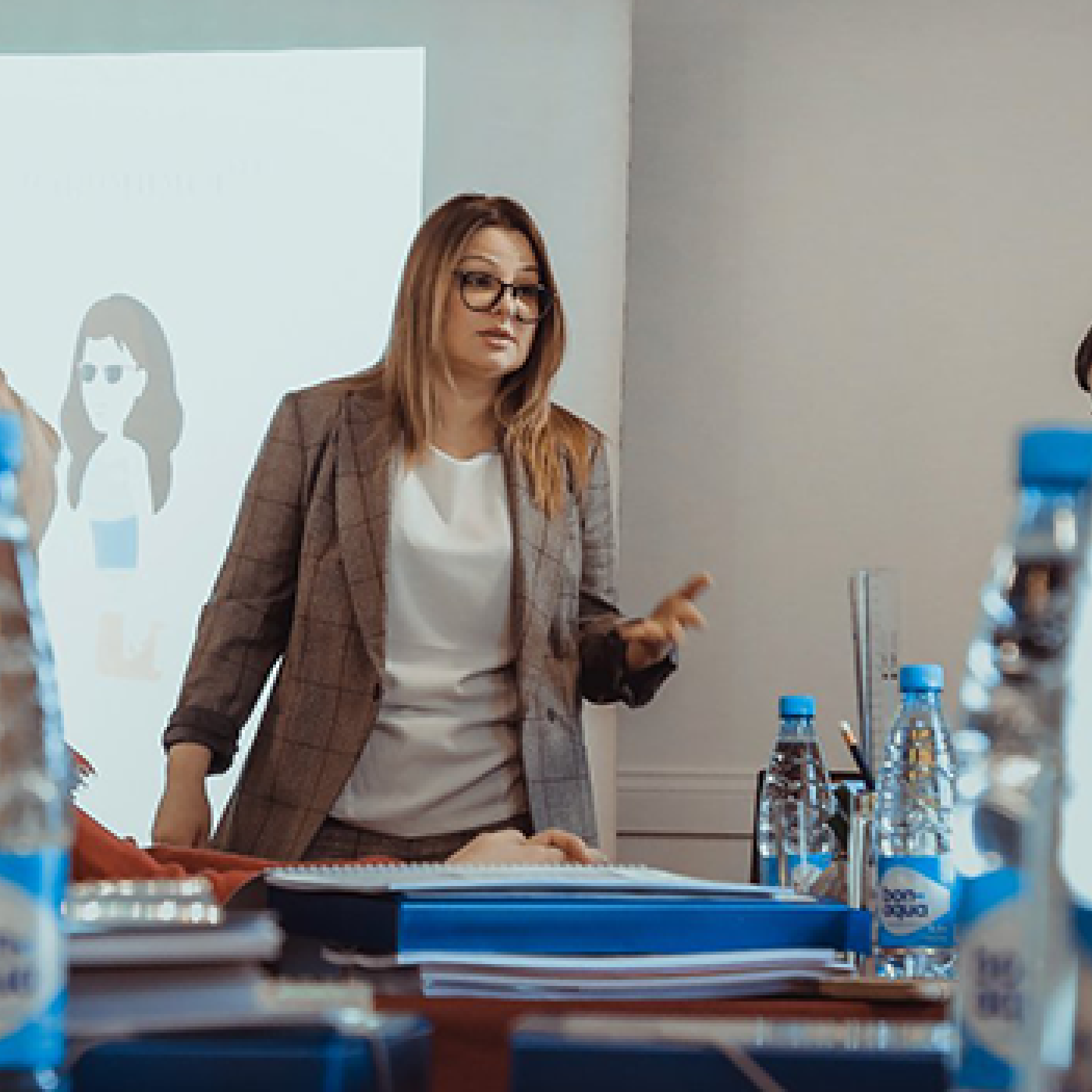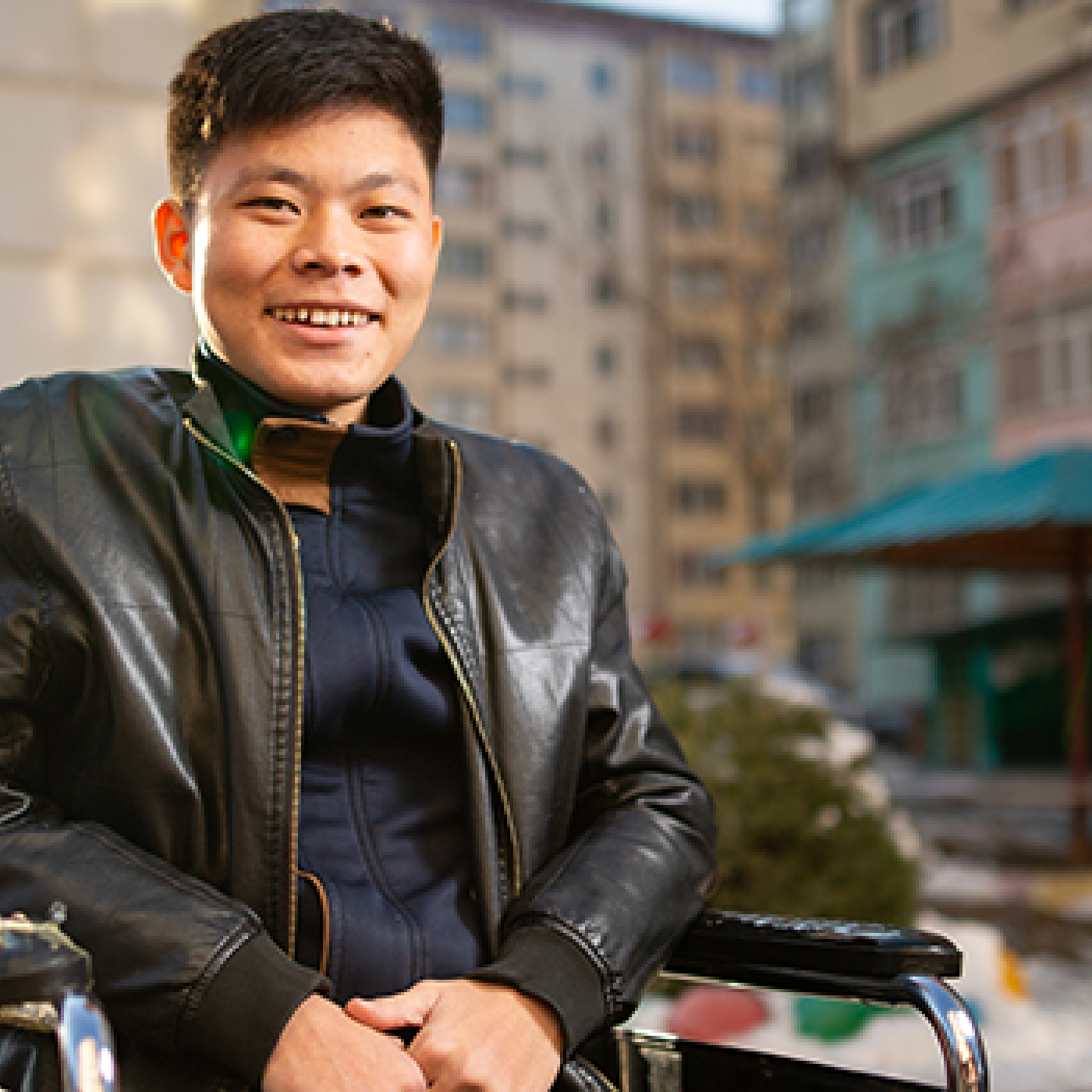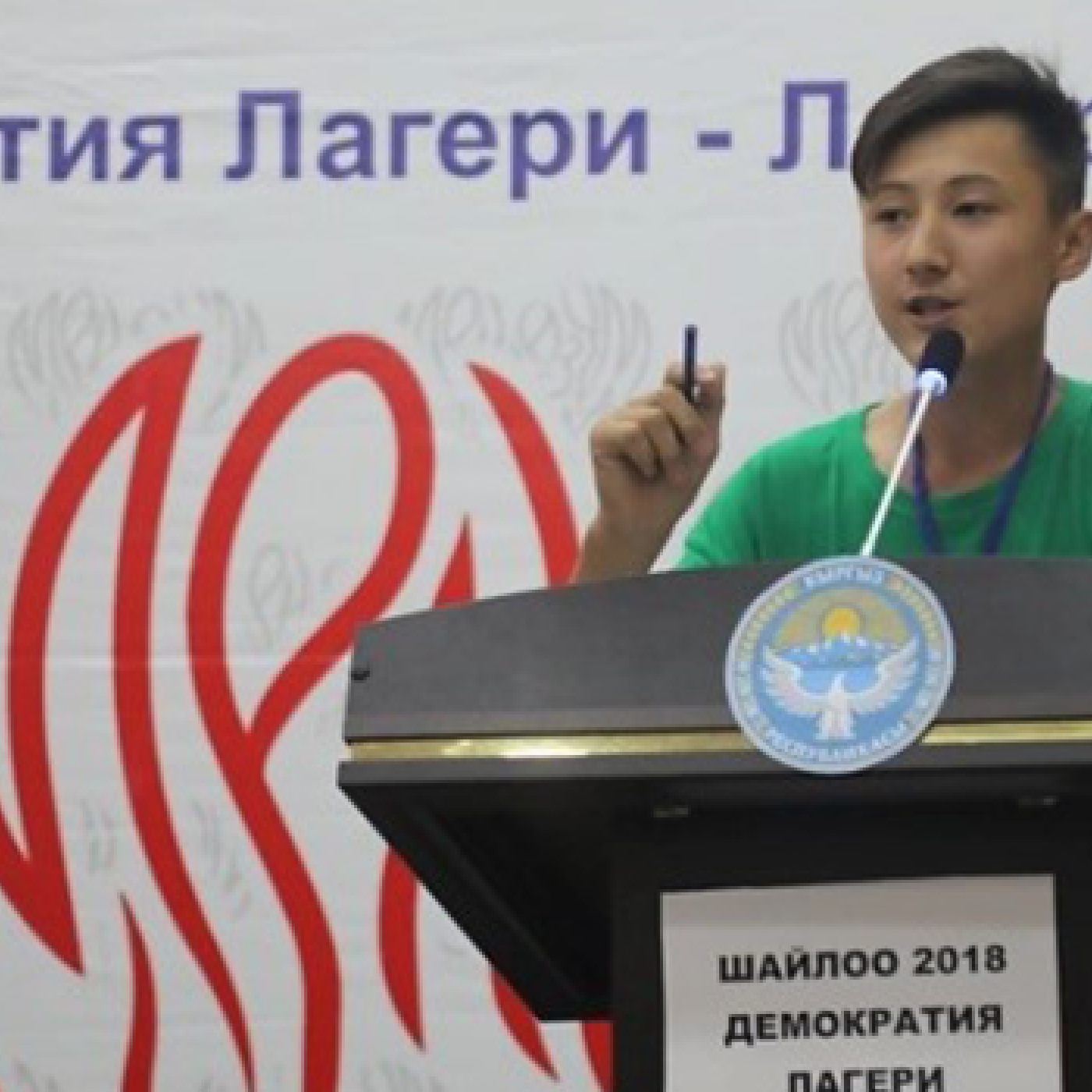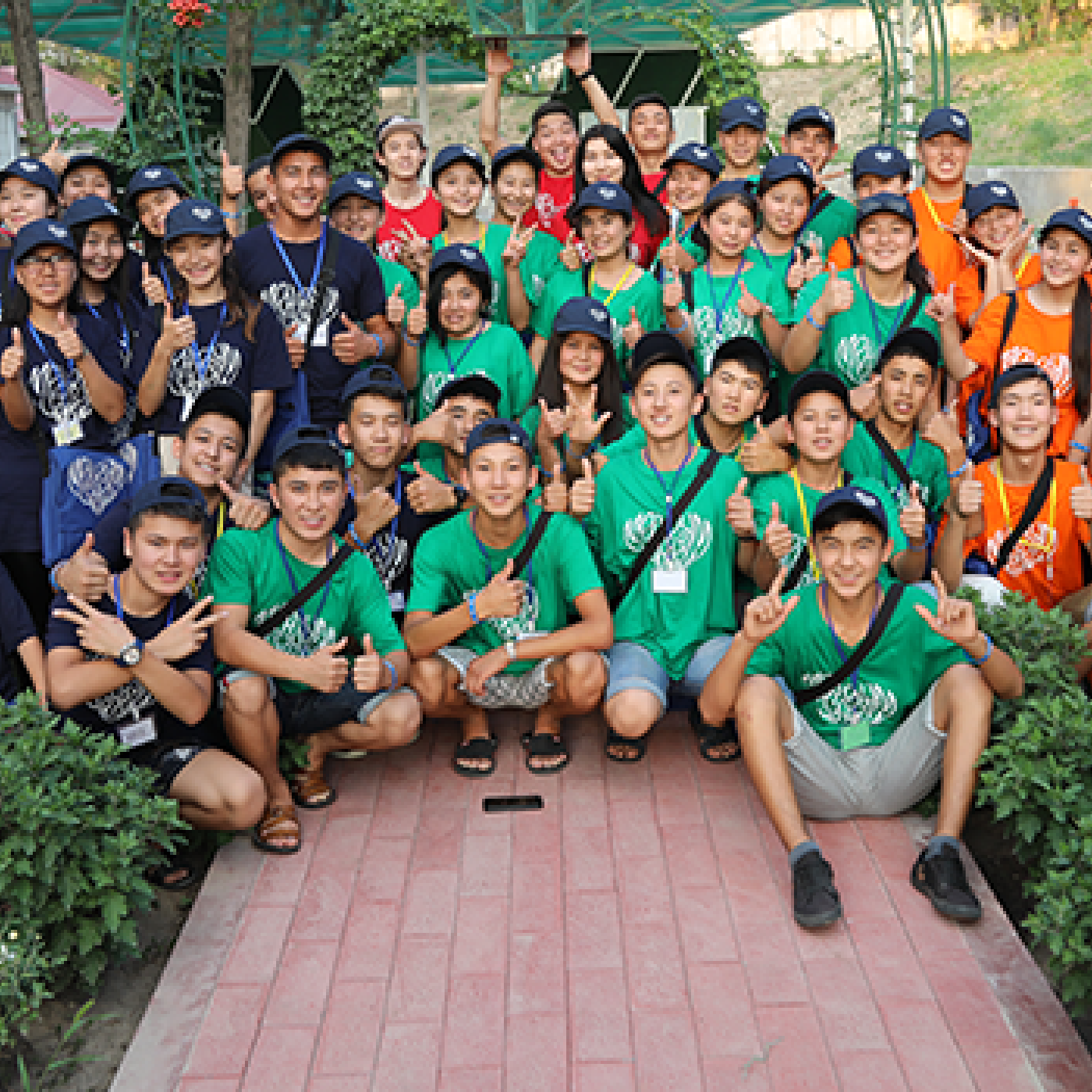Search
Filter by
Type
Publication date
Language
Type
Publication date
Language
Election FAQ
Elections in Indonesia: 2019 Concurrent Presidential and Legislative Elections
On April 17, Indonesian citizens went to the polls to elect both the next president and vice president as well as national and subnational legislators in 34 provinces and 514 regencies and municipalities. To help you understand this important electoral process, IFES provides Frequently Asked Questions on Elections in Indonesia: 2019 Concurrent Presidential and Legislative Elections.
News & Updates
Feature
Women of IFES: Q&A with Renata Levovski
IFES’ leadership in the field is comprised of a cadre of women professionals with firsthand experience administering elections in every region of the world. In this Q&A, Renata Levovski reflects on her professional journey in democracy development, the different countries where she has worked and the many salient issues she has been able to address through her career at IFES.
News & Updates
Feature
IFES' Approach to Supporting Indigenous Political Rights
To better inform policy discussions, IFES facilitates comparative research and dialogue on challenges and innovation in elections and the rights of indigenous peoples. IFES also assists countries to meet United Nations Declaration on the Rights of Indigenous Peoples standards by holding inclusive national and local elections that respect language and traditional political institutions and practices.
News & Updates
Feature
Organizations Trained to Advocate for Southeast Asia Regional Disability Rights Plan
On November 1-4, 2018, the General Election Network for Disability Access organized a communications and advocacy training of disabled people’s organizations and civil society organizations from eight countries in the Association of Southeast Asian Nations Community.
News & Updates
Feature
Democracy Camp Alumnus’ Journey of Self-Discovery and Empowerment
Ilyas Alymbek Uulu, who is 16 and uses a wheelchair, is one of an estimated 30,000 youth with disabilities in Kyrgyzstan. He performed the leading role in an IFES-supported public service announcement and later participated in one of IFES’ annual democracy camps, experiences which profoundly changed his life.
Publication
Report/Paper
The Integrity of Elections in Asia: Policy Lessons Applied
In response to a recent study by Max Grömping entitled The Integrity of Elections in Asia: Policy Lessons from Expert Evaluations, IFES produced a briefing paper with some examples of policy lessons applied in practice across Asia. IFES has worked in Asia for the past three decades supporting election management bodies, civil society and other electoral stakeholders in their efforts to promote electoral integrity.
November 26, 2018
News & Updates
Feature
20 Years of Democracy Camps: Building a Legacy of Youth Empowerment and Engagement in Kyrgyzstan
Kyrgyzstan is a burgeoning democracy full of young people. Over 45 percent of the population is below age 24, and over 30 percent is 14 or younger. Now a 20-year legacy, IFES Democracy Camps help remove the fetters of the past by empowering young people with critical skills and confidence to become the next generation of leaders.
News & Updates
Feature
Empowerment and Inclusion Through Youth Democracy Camps in Kyrgyzstan
IFES recently completed two annual summer democracy camps for youth ages 14-19 in Kyrgyzstan. This year’s camps build upon IFES’ legacy of more than 20 years of democracy camps, with over 80 camps conducted across the world, including 50 in Kyrgyzstan alone.
Election FAQ
Elections in Indonesia: 2018 Regional Head Elections
On June 27, Indonesian citizens went to the polls to vote for governors, mayors and/or regents across 31 provinces as part of the 2018 regional head elections. To help you understand this important electoral process, IFES provides Frequently Asked Questions (FAQs) on Elections in Indonesia: 2018 Regional Head Elections.
News & Updates
Feature
She Leads Program: Q&A with Katie Ryan
She Leads, a flagship program of IFES, works to empower women with the skills and knowledge to participate and take on leadership roles in political and electoral processes through a series of beginner, intermediate and advanced trainings. In this Q&A, Katie Ryan, lead author of She Leads, discusses the origins and impact of the program, which has trained over 2,600 women in four countries and continues to expand.











